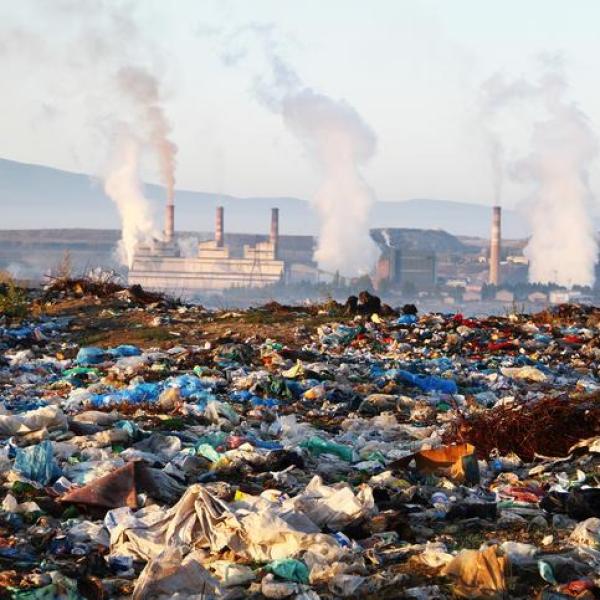
The effects of the human activity on the planet put not only the planet at risk, but above all the survival of our species. We must continue to evolve and improve, but we should do considering what the impact of our actions could be on our future.
The aspects that threaten the survival of the human species (one of the most recent on our planet) are overpopulation, global warming, pollution from plastics, nanoparticles, biocides and metals. All things that have an effect not only on the appearance of new viral or cancerous diseases, but also on fertility. If we think that what we eat, inject, breathe has no effect just because a doctor tells us, we are very wrong. In fact, cell biology teaches biologists that every action has a reaction. And the planet as well as the human body defend itself. The earth could turn against us and reduce human fertility as many studies are now showing, reducing man’s ability to procreate. Example the cytotoxic effect on gametes in the land of fires, where urban waste pollutes, reaches the ground and is consumed with the water or food grown in those lands.
Many chemical compounds are hormonal disruptors and induce a hormonal response in humans and alter animals.
The presence of metals such as chromium, lead, manganese, copper etc. induce the formation of tumors. Have you read that for the first time the current generations are the ones that will live less than their predecessors? there is a reason. Medicine takes steps forward, while longevity steps backwards.
Metals can also act as endocrine disruptors, exerting a negative effect on reproductive processes and therefore on the survival of the species.
From the sixties onwards a whole series of biocides capable of destroying bacteria, herbs, insects (bactericides, herbicides, pesticides) have been introduced in agriculture, to make agriculture more productive, to enrich chemical multinationals, but also to make man sick. Science remedies by arriving at a compromise which is that of a tolerable limit that is often exceeded without control. And whith what effect on our health? Their use should be prohibited whenever possible, but the collusion between the chemical lobbies and legislators is such that such a view is pure science fiction. These biocides are stimulators of tumor cells, free radicals, but often also endocrine disruptors with repercussions on the production of sperm in men and egg cells in women
A famous example is the very powerful herbicide glyphosate which has already caused thousands of deaths, but which in some parts of the world is still used and their products exported to Europe
Technology progresses, and from the seventies the science of nanotechnologies produce electronic components and mobile phones. With it, nanoparticles of metals and plastics are being dispersed over the world. All substances that enter our cells, we consume and are creating procreation problems and tumors. Nanoparticles of titanium, cobalt and silver have an influence on male and female gametes. The nickel, for which territorial wars are waged to get it, is an example. And then the plastics. Micro-particles of plastics have been found everywhere, including at the South Pole. Fish, especially if they are large, are rich on them. Our seas are now full of them and unless we ban petroleum-derived plastics, I don't think we will be able to save ourselves. We will certainly live less than expected. Better to consume small fish , they are less polluted. Phthalates and Bisphenols are just some components of the plastics that we continue to eat and the fish to ingest with a consequent further reduction of the fish population .
And the quality of the air? industrial activities emit not only CO2 into the air, but also fine dust which has carcinogenic and cytotoxic activity in our alveoli. In addition they enter our circulation and influence cell reproduction. How can we protect ourselves from the pollution of industries and cars? hard to tell if we live in the city. Certainly not going for a run in traffic
Pollution and the increase in CO2 acidify the seas, make the waters warm, reduce oxygen in the water and increase the organic components with harmful consequences on the marine population, natural disasters, floods and reductions in fish species.
We are practically causing a disaster to the environment. And what to do?
Hard to say. But I think that basically there is a lack of will to improve in the long term, always looking at the short term and the personal gains of the man who is only passing through this earth, but leaving an indelible mark of selfishness and indifference in the history of the planet
